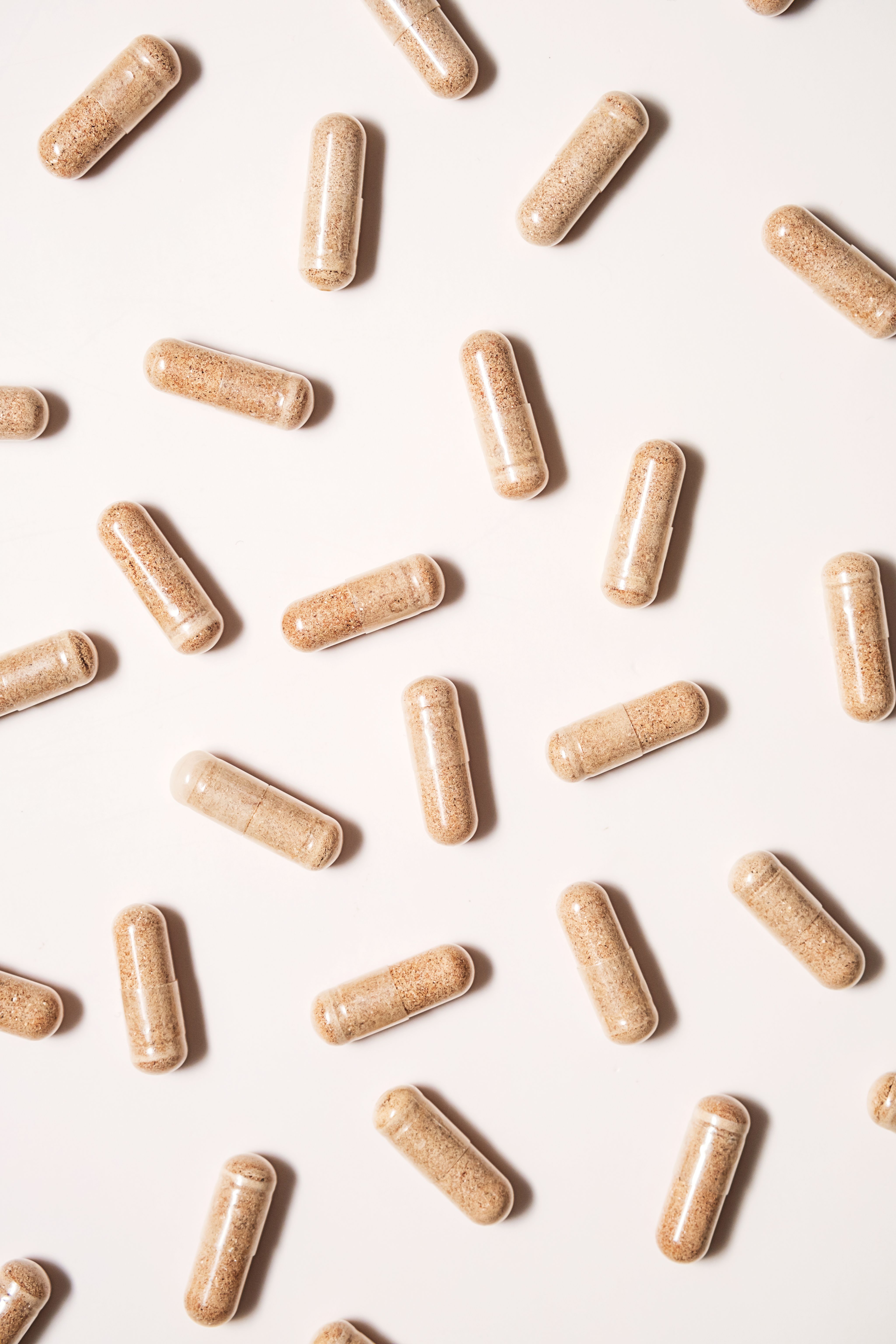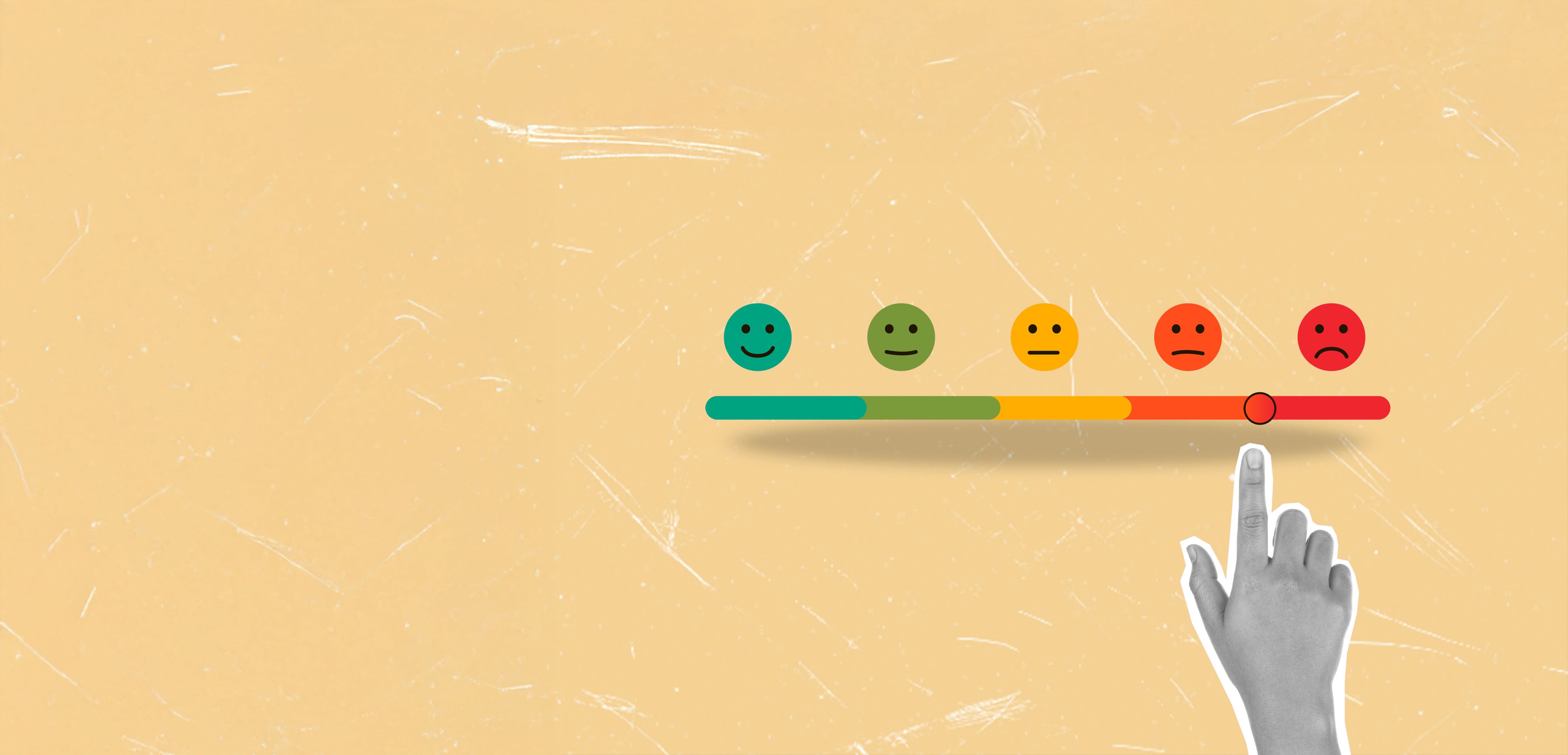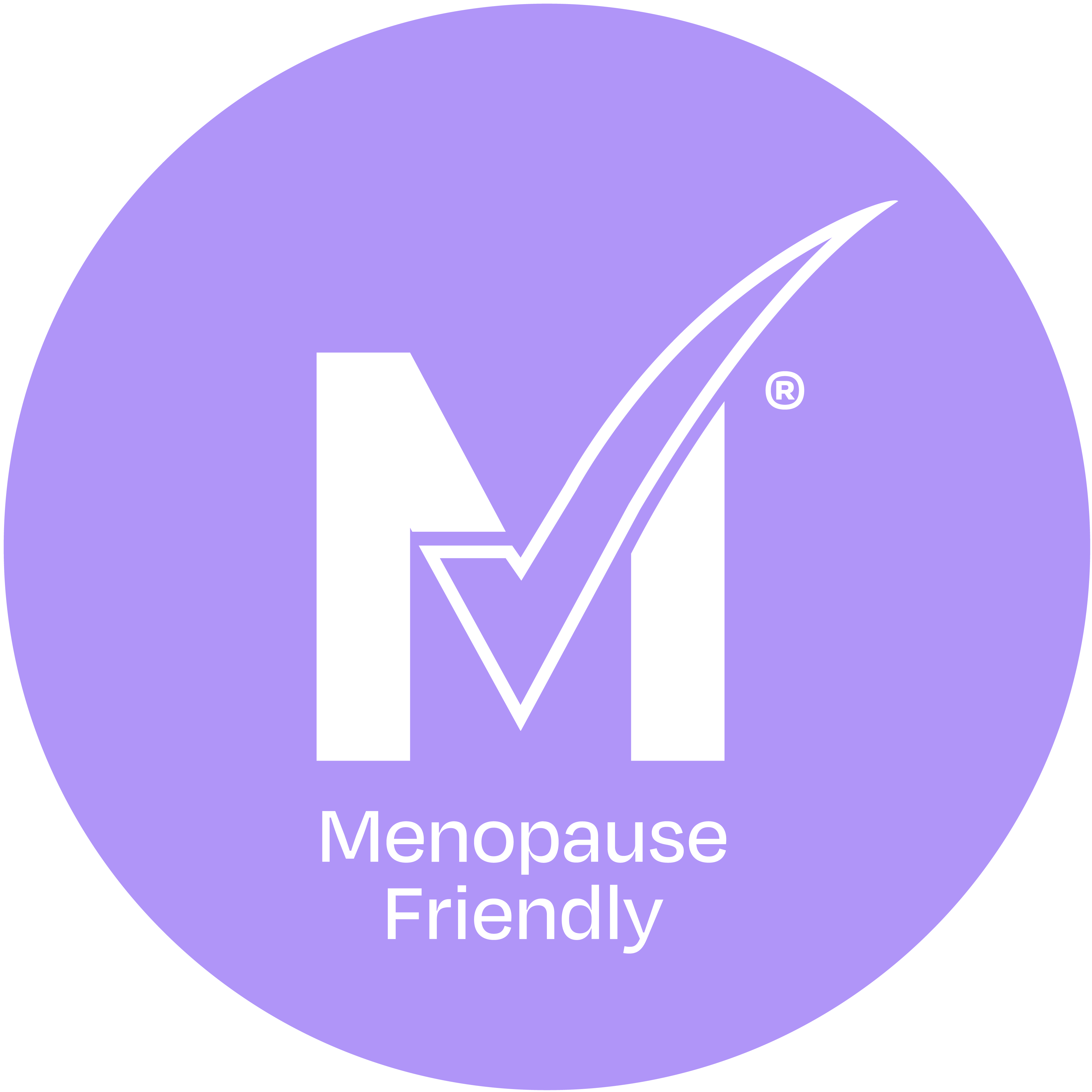Supplements
Balancing act
MENOPAUSE NUTRITIONIST EMMA BARDWELL DECODES THE SUPPLEMENTS YOU NEED TO KNOW ABOUT

Supplements
Balancing act
MENOPAUSE NUTRITIONIST EMMA BARDWELL DECODES THE SUPPLEMENTS YOU NEED TO KNOW ABOUT

Magnesium The sleep ally
Demand for magnesium spikes during menopause, but why? Declining oestrogen makes it harder to absorb this crucial mineral, which is involved in making melatonin – the hormone that regulates sleep – and managing the ‘stress hormone’ cortisol. ‘Magnesium calms the nervous system and plays an important role in dealing with menopausal stress,’ says Emma. ‘I recommend a magnesium glycinate variety, as it’s absorbed well. Aim for around 350mg before bed to potentially help you get a good night’s sleep.’ Beyond supplements, magnesium-rich foods include pumpkin seeds, spinach and dark chocolate.
Vitamin D The must-have
One of vitamin D’s vital roles is regulating calcium – needed for bone health. However, in menopause, your body becomes less efficient at making it. ‘Sub-optimal levels of vitamin D3 have been linked with low mood and muscle aches, common in menopause,’ says Emma. ‘The government recommends 10mcg per day, but many people will need more. Pair it with vitamin K2 to support calcium absorption and bone mineral density.’ Vitamin D is produced in the skin via exposure to the sun’s UV rays (or present in small amounts in oily fish and eggs), but this isn’t enough for most people to reach replete levels, particularly in winter. ‘If in any doubt about your level, get it checked with your GP or via an at-home blood test,’ says Emma.
Creatine The powerhouse
Not just a ‘gym supplement’, creatine is a naturally occurring amino acid compound made by the body or obtained when you eat protein such as red meat and fish. It helps muscle cells produce energy, so can boost physical performance during demanding activity. However, as you go through hormonal changes, natural creatine production slows and it can be hard to get enough, especially if your diet is more plant-based. ‘Powdered creatine monohydrate can be a game-changer, but I don’t see many taking it,’ says Emma. ‘Personally, 3-5g daily has a positive effect on my stamina when I lift weights.’
B vitamins The mood-lifter
As hormone levels shift, B vitamins become super-important. Vitamin B6 is involved in the production of serotonin – the ‘feel-good’ chemical that can help with mood stability – while B12 helps maintain nerve health and brain function, and may reduce fatigue. ‘B vitamins can also help with signs of PMS, as they help with hormone synthesis and are vital for energy,’ says Emma. ‘Stress tends to use up B vitamins and most menopausal women are juggling an extraordinary amount, so adding a B vitamin complex may help.’
Omega-3s The brain-booster
These essential fatty acids are valuable in menopause as they can play a role in cognitive function, heart health and more. ‘Omega-3s are crucial for a healthy skin barrier, and also work to reduce inflammation so are recommended for those with joint pain,’ adds Emma*. ‘If you are vegan or vegetarian, try algae oil instead.’
*Fish oil isn’t advised for those taking blood thinners such as warfarin.
Magnesium The sleep ally
Demand for magnesium spikes during menopause, but why? Declining oestrogen makes it harder to absorb this crucial mineral, which is involved in making melatonin – the hormone that regulates sleep – and managing the ‘stress hormone’ cortisol. ‘Magnesium calms the nervous system and plays an important role in dealing with menopausal stress,’ says Emma. ‘I recommend a magnesium glycinate variety, as it’s absorbed well. Aim for around 350mg before bed to potentially help you get a good night’s sleep.’ Beyond supplements, magnesium-rich foods include pumpkin seeds, spinach and dark chocolate.
Vitamin D The must-have
One of vitamin D’s vital roles is regulating calcium – needed for bone health. However, in menopause, your body becomes less efficient at making it. ‘Sub-optimal levels of vitamin D3 have been linked with low mood and muscle aches, common in menopause,’ says Emma. ‘The government recommends 10mcg per day, but many people will need more. Pair it with vitamin K2 to support calcium absorption and bone mineral density.’ Vitamin D is produced in the skin via exposure to the sun’s UV rays (or present in small amounts in oily fish and eggs), but this isn’t enough for most people to reach replete levels, particularly in winter. ‘If in any doubt about your level, get it checked with your GP or via an at-home blood test,’ says Emma.
Creatine The powerhouse
Not just a ‘gym supplement’, creatine is a naturally occurring amino acid compound made by the body or obtained when you eat protein such as red meat and fish. It helps muscle cells produce energy, so can boost physical performance during demanding activity. However, as you go through hormonal changes, natural creatine production slows and it can be hard to get enough, especially if your diet is more plant-based. ‘Powdered creatine monohydrate can be a game-changer, but I don’t see many taking it,’ says Emma. ‘Personally, 3-5g daily has a positive effect on my stamina when I lift weights.’
B vitamins The mood-lifter
As hormone levels shift, B vitamins become super-important. Vitamin B6 is involved in the production of serotonin – the ‘feel-good’ chemical that can help with mood stability – while B12 helps maintain nerve health and brain function, and may reduce fatigue. ‘B vitamins can also help with signs of PMS, as they help with hormone synthesis and are vital for energy,’ says Emma. ‘Stress tends to use up B vitamins and most menopausal women are juggling an extraordinary amount, so adding a B vitamin complex may help.'
Omega-3s The brain-booster
These essential fatty acids are valuable in menopause as they can play a role in cognitive function, heart health and more. ‘Omega-3s are crucial for a healthy skin barrier, and also work to reduce inflammation so are recommended for those with joint pain,’ adds Emma*. ‘If you are vegan or vegetarian, try algae oil instead.’
*Fish oil isn’t advised for those taking blood thinners such as warfarin.
Do you know your supplements from your minerals? Test your knowledge

ADVERTISING FEATURE
Take back control
WE ALL LOSE OUR TEMPER SOMETIMES, BUT IF YOU'RE SNAPPING OVER SPILLED COFFEE OR UNLEASHING IN A WAY THAT'S OUT OF CHARACTER, PERIMENOPAUSE MAY BE PLAYING A ROLE. H&B IS HERE TO HELP

Take back control
WE ALL LOSE OUR TEMPER SOMETIMES, BUT IF YOU'RE SNAPPING OVER SPILLED COFFEE OR UNLEASHING IN A WAY THAT'S OUT OF CHARACTER, PERIMENOPAUSE MAY BE PLAYING A ROLE. H&B IS HERE TO HELP

For anyone who has experienced PMS, perimenopause can feel like the frustrating sequel, as hormones impact your mood and disrupt your usual rhythm – sometimes leading to irritability.
Unlike everyday stress, this emotional response can feel out of character and difficult to control, leaving you feeling unlike yourself and struggling to manage your reactions.
Why do I feel so irritable?
During perimenopause, the hormones oestrogen and progesterone fluctuate. This affects your levels of serotonin (a 'feelgood' neurotransmitter), meaning you can quickly switch from calm to short-tempered. Perimenopause also often coincides with a time when career pressures, financial strain or caring responsibilities can take their toll, so layering everyday stress on top of your existing hormonal upheaval can trigger mood swings.
Is it perimenopause or just me?
Try noting down your mood shifts, cycle changes and any other signs of menopause. In particular, look at what's happening with your menstrual cycle, as changes to its length, regularity or flow are often among the first signs of perimenopause. You can speak to your GP, a therapist or one of Holland & Barrett's women's health coaches – online or in-store – to help you understand your feelings and how to manage them.
A helping hand
This can be an overwhelming time, but you don't have to go through it alone. Your doctor can talk through options like HRT, while H&B's menopause nurses and 600 in-store women's health coaches are on hand with lifestyle tips, hormonal health advice and recommendations.
Whether you'd prefer a medical approach, emotional support or practical guidance, the choice is yours whenever you need it.
Find out more or book an appointment at hollandandbarrett.com
For anyone who has experienced PMS, perimenopause can feel like the frustrating sequel, as hormones impact your mood and disrupt your usual rhythm – sometimes leading to irritability.
Unlike everyday stress, this emotional response can feel out of character and difficult to control, leaving you feeling unlike yourself and struggling to manage your reactions.
Why do I feel so irritable?
During perimenopause, the hormones oestrogen and progesterone fluctuate. This affects your levels of serotonin (a 'feelgood' neurotransmitter), meaning you can quickly switch from calm to short-tempered. Perimenopause also often coincides with a time when career pressures, financial strain or caring responsibilities can take their toll, so layering everyday stress on top of your existing hormonal upheaval can trigger mood swings.
Is it perimenopause or just me?
Try noting down your mood shifts, cycle changes and any other signs of menopause. In particular, look at what's happening with your menstrual cycle, as changes to its length, regularity or flow are often among the first signs of perimenopause. You can speak to your GP, a therapist or one of Holland & Barrett's women's health coaches – online or in-store – to help you understand your feelings and how to manage them.
A helping hand
This can be an overwhelming time, but you don't have to go through it alone. Your doctor can talk through options like HRT, while H&B's menopause nurses and 600 in-store women's health coaches are on hand with lifestyle tips, hormonal health advice and recommendations.
Whether you'd prefer a medical approach, emotional support or practical guidance, the choice is yours whenever you need it.
Find out more or book an appointment at hollandandbarrett.com
Cooling off
Irritability can build unpredictably, but these simple techniques may help to lower that initial stress.
Box breathing: To help calm your nervous system, try breathing in for a count of four, hold it in for four, breathe out for four, then hold your breath again for a final count of four.
Get outdoors: Spend time in nature, or take a short time out to avoid any escalation and reflect on the situation.
Write it down: Channel your emotions into practices such as journalling.
For more tips and advice, visit the H&B women's health hub




